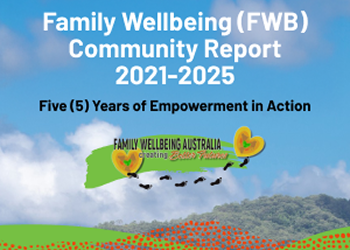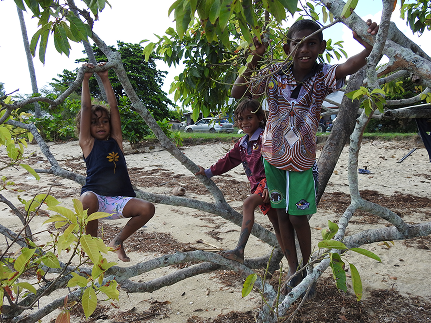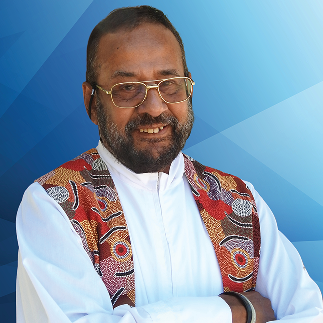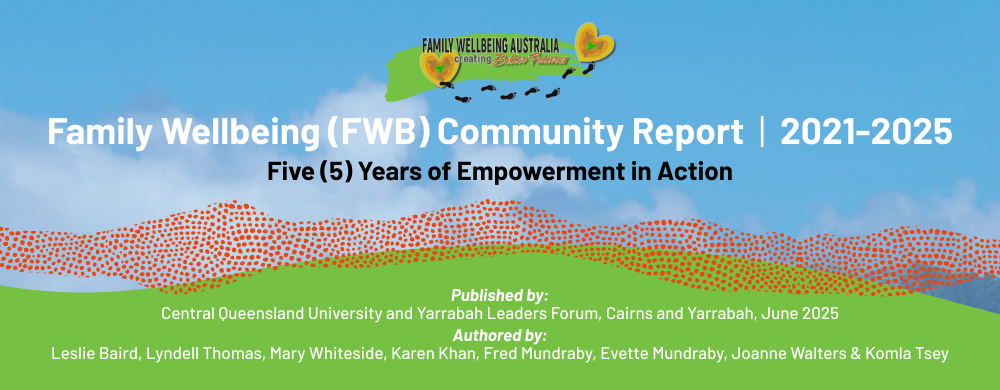
Family Wellbeing Program Shows Transformational Results
Peter McCullagh.
A new report from Central Queensland University and the Yarrabah Leaders Forum shows the growing impact of the Family Wellbeing program across Northern Australia.
Over 783 people have participated in the program since 2021. The work spans Yarrabah, Cape York, the Torres Strait, Northern Territory, and Lotus Glen Prison.
The Numbers Tell a Powerful Story
Early economic analyses show strong potential returns on investment. A 2021 Deloitte pilot study estimated $4.60 returned for every $1 spent.
Recent preliminary estimates indicate a range between $2.20 and $6.40 per $1 invested. Deloitte partners will complete a final independent analysis in 2026.
Current evidence points to Family Wellbeing as a cost-effective approach to strengthening individual, family and community wellbeing.
How the Program Works
Aboriginal leaders developed Family Wellbeing over 30 years ago. The program focuses on healing, empowerment, and leadership development.
Participants work through trauma, reconnect with culture, and strengthen family and community relationships.
One participant from Yarrabah puts it simply: "Family Wellbeing helped me face my fears. I'm getting more involved with other women in the community."
What's Been Achieved
The Family Wellbeing Community Report 2021-2025 reveals significant outcomes:
66% completion rate across all sites
517 people completed the program
90% completion rate in Batchelor/NT
Average cost per participant: $3,288
Improved mental health among participants
Reduced substance use
Stronger family relationships
Increased employment
Fewer justice system interactions
What Happens Next
The report calls for three urgent actions:
Long-term funding to secure trusted local facilitators
Implementation of the Yarrabah 7-Pillar Strategy to support youth into jobs and education
Establishment of a National Family Wellbeing Centre to scale delivery, train facilitators, and mentor the next generation of Indigenous leaders


Why Community Leadership Matters
Father Leslie Baird has seen firsthand what happens when communities lead their own change.
"The Family Wellbeing program reflects the positive changes possible when communities and individuals are empowered and have control over their destiny," he said.
"The key to successfully Closing the Gap is to allow Aboriginal and Torres Strait Islander communities work together collaboratively to address the core issues facing their community. When we allow this to happen, we see real and lasting change."
Father Baird notes the program empowers participants to make better life choices, resulting in lasting changes for them, their family and entire communities.
"Our program in Yarrabah has demonstrated that when we work with our community, listening to their collective voices, we start to address the multigenerational trauma since the early days of the Mission. There's still so much to do, but the Family Wellbeing program is showing positive steps forward for this community."
You'll find the full report, Walking Together: Translating 20 Years of Family Wellbeing Research into Practice, at www.familywellbeing.com.au.
